The Future of Medicinal Cannabis: Where Do We Grow from Here?
- These are exciting times for the growing and evolving cannabis industry. Canada is on the way towards full legalization (mid-Oct), and agricultural, processing, testing, and manufacturing ventures are poised to hit it big. Other countries such as Uruguay have passed full legalization, while others like the US have inched closer – state by state.
- What does this bounty of progress mean for the medicinal marijuana field? Quite possibly the advent and proliferation of breakthrough therapeutics to ease the suffering of patients seeking alternatives to conventional drugs and those of which symptoms have remained intractable to therapies thus far.
- Progress along these fronts also means validation of tools and techniques necessary for pharmaceutical grade cannabis-derived drug production. Product innovations and standardization continue to advance as well. These are important times in the unlocking of cannabis therapeutic potential – and valuable times for those investing in this exploding industry.
FDA approval of the pharmaceutical-grade CBD drug Epidiolex
- An FDA advisory panel recently recommended Edipiolex for FDA approval -- which was officially granted on June 25 thereby elevating this first in class cannabis-derived CBD drug to prescription-medicine status. The implications for patients suffering from Dravet and Lennox-Gastaut Syndromes, two conditions involving epileptic seizures for which few or no drugs are available, are critical.
- A statement from the FDA commissioner detailed the proper evaluation, production, clinical trails, and safety measures that were taken in reaching this approval. The achievement will likely open the door to FDA approval of additional therapeutics – provided development is based on well founded and careful clinical investigation.
- The approval also underscores the production of pharmaceutical-grade CBD derived directly from cannabis – a healthy dose of validation for the equipment, methods, and practices needed to get to this point.
- This is truly a victory for the agricultural methods, harvesting and processing equipment, extraction and purification technologies, testing and production GLP and GMP practices – those that will see expanded use and modifications as production of Epidiolex scales-up.
The current legal status of hemp
- The chicken or the the egg – cannabis style. Hemp is a close blood cousin of Cannabis sativa. It is in fact a cannabis strain that has been cultivated in a tangential manner over thousands of years to produce the tough fibrous stalky plant observed today. Hemp is rich in cannabinoids including it’s most abundant, cannabidiol (CBD), although it is lacking other cannabinoids and is largely absent THC.
- The many industrial uses and medicinal value of hemp have been touted religiously. Some might ask why does hemp remain illegal at the federal level? The backstory of hemp legality is rich and sticky and, save for time, let’s just say that hemp needed a spark -- one it certainly received with the FDA approval of the hemp-derived CBD drug Epidiolex.
- Perhaps not by coincidence, the US senate recently voted in favor of hemp legalization at the federal level. Beyond legalization the next step may possibly be the delisting of CBD as a Schedule 1 controlled substance – a category shared by THC, cocaine, heroine, and other illicit drugs. In order for CBD drugs like Epidiolex to be “legally” prescribed, federal delisting by the DEA is a necessary step.
The cannabis therapeutic pipeline
- Beyond the established merits of cannabis for the treatment of nausea, appetite stimulation, pain relief, and epilepsy, many more claims exist regarding cannabis as a de facto miracle drug for maladies ranging from anxiety to cancer. The pipeline of potential therapeutics is rich with promising yet often unsubstantiated effects, owing in part to the void in basic research.
- Opening the door for FDA approval – as in the case of Epidiolex – sets an important precedent that careful clinical studies and trails, when conducted under the auspices of FDA regulations, may in fact lead to medically sound cannabis-based therapeutics, despite the lack in underpinning research.
- Where cannabis has proven vital in palliative care of cancer-related side effects, the potential for cannabis as adjunctive treatments during chemotherapy may as well prove useful. Studies are amassing regarding the use of cannabis for cancer treatment – is this a sign of things to come?
Scientific merit and cannabis research
- Classification of cannabis as a Schedule 1 controlled substance has restricted the amount and type of basic scientific research that can be conducted.
- These barriers to research persist at a time when more information than ever is needed regarding the long-term effects, efficacy, and side effects of cannabis-related compounds.
- It stands in the face of reason to ease restrictions on public consumption while limiting medical research – something that de-scheduling CBD and other medically relevant cannabinoids would certainly address.
- Beyond US states establishing medical research councils and initiatives on the heels of medical cannabis legalization, some other countries have made significant progress in lowering the research barrier in a more dramatic way.
- Canada teeters on complete legalization, and the Canadian Institutes of Health Research (CIHR) – similar to the National Institutes of Health (NIH) in the US – has steadily ramped up funding for medical and non-medical use cannabis over the past several years.
- Even more money, public and private, will undoubtedly flow into Canadian cannabis research, as gaps in knowledge close and new scientific and commercial opportunities arise.
- Legalization is pushing more and more investment into the cannabis field – a trend that bodes well for future research and the proliferation of potential therapeutics.
Summary
Although barriers to research and temporary roadblocks persist, important developments have opened the cannabis industry to new and exciting medical opportunities. Never short of a thrill ride, the future of the industry is bright and ripe with possibilities.
Visit the LabX Cannabis Laboratory application page for equipment and product listings as well as content dedicated to the field of cannabis science.
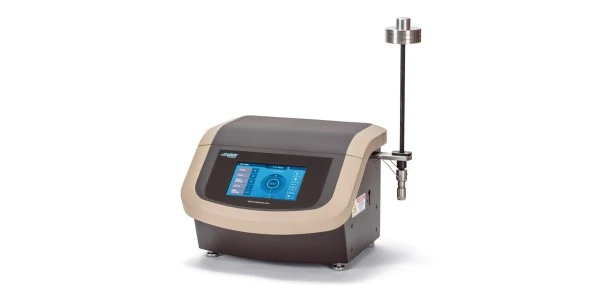
Apr 09, 2025
Product News
Taber® Model 5770 Linear Abraser Offers Enhanced Versatility for Surface Testing
Taber® Model 5770 Linear Abraser from Paul N. Gardner USA delivers flexible, high-precision abrasion testing for flat and contoured surfaces.
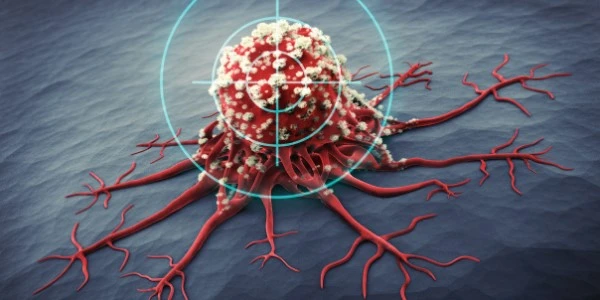
Apr 08, 2025
Product News
Introducing Biozen Native RP-1 and RP-5
Enhance ADC analysis with Phenomenex Biozen Native RP-1 and RP-5 columns—engineered for native reversed-phase separation and online MS detection.

Apr 07, 2025
Product News
GMP-Grade StemFit® for Differentiation Sets New Benchmark for hiPS and hES Cell Research
Discover AMSBIO's GMP-grade StemFit® for Differentiation—chemically defined, animal-free, and GMP-compliant medium optimized for hiPS and hES cell research.
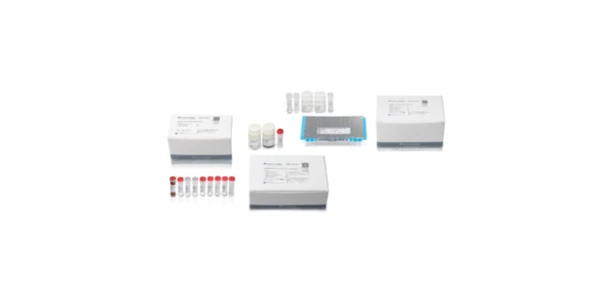
Apr 04, 2025
Product News
Next-Generation HLA Typing with Thermo Fisher’s One Lambda™ HybriType™ HLA Plus Typing Flex Kit
Streamline HLA typing with Thermo Fisher’s One Lambda HybriType NGS kit—high read balance, flexible coverage, and rapid results in under 5.5 hours

Apr 04, 2025
Featured
Online Marketplaces have Revolutionized How Lab Equipment is Bought and Sold
Digital marketplaces benefit lab equipment buyers and sellers
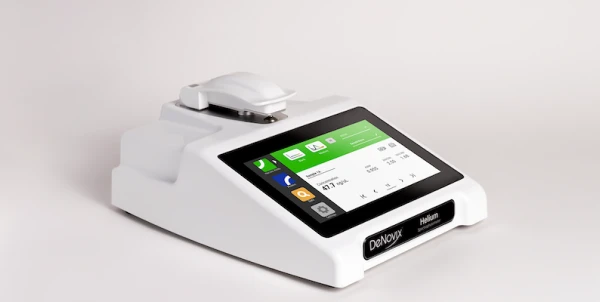
Apr 01, 2025
Product News
Helium 1 µL Spectrophotometer from DeNovix
Affordable and accurate, the Helium 1 µL Spectrophotometer by DeNovix offers fast, nanovolume quantification for DNA, RNA, and protein analysis.
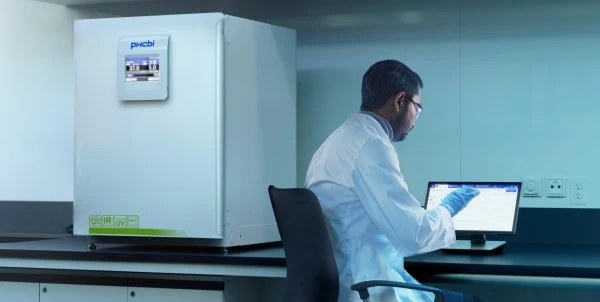
Mar 27, 2025
Product News
Next-Gen PHCbi CO₂ Incubator Elevates Contamination Control and Sustainability
Discover the PHCbi MCO-171AICUVD-PA CO₂ incubator with copper alloy chambers, UV-LED disinfection, and 180°C sterilization—engineered for lab sustainability and precision.
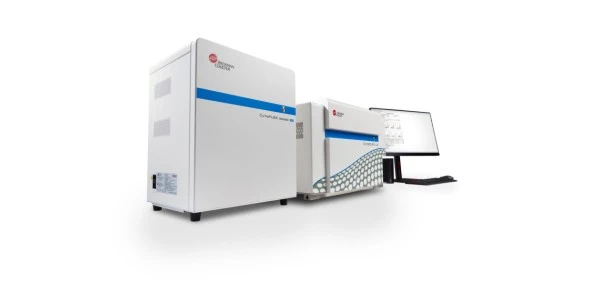
Mar 26, 2025
Product News
Revolutionize Cell Analysis with the CytoFLEX Mosaic Spectral Detection Module
Upgrade your flow cytometry with the modular CytoFLEX Mosaic Spectral Detection Module—offering up to 88 detection channels and superior nanoparticle sensitivity.
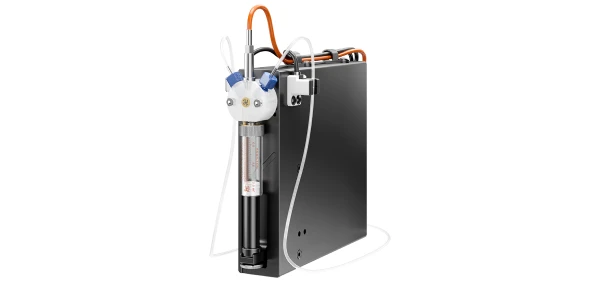
Mar 25, 2025
Product News
Hamilton Introduces PSD SmartSense Pump
Discover Hamilton’s PSD SmartSense Pump, combining compact design, smart sensors, and precision syringe-drive technology for advanced OEM liquid handling.

Mar 24, 2025
Product News
Reliable Cold Storage for Labs: Thermo Scientific™ TSG Series Freezers and Sample Prep Refrigerators
Discover the Thermo Scientific™ TSG Series—eco-friendly, quiet refrigerators and freezers engineered for consistent, secure lab sample storage.
